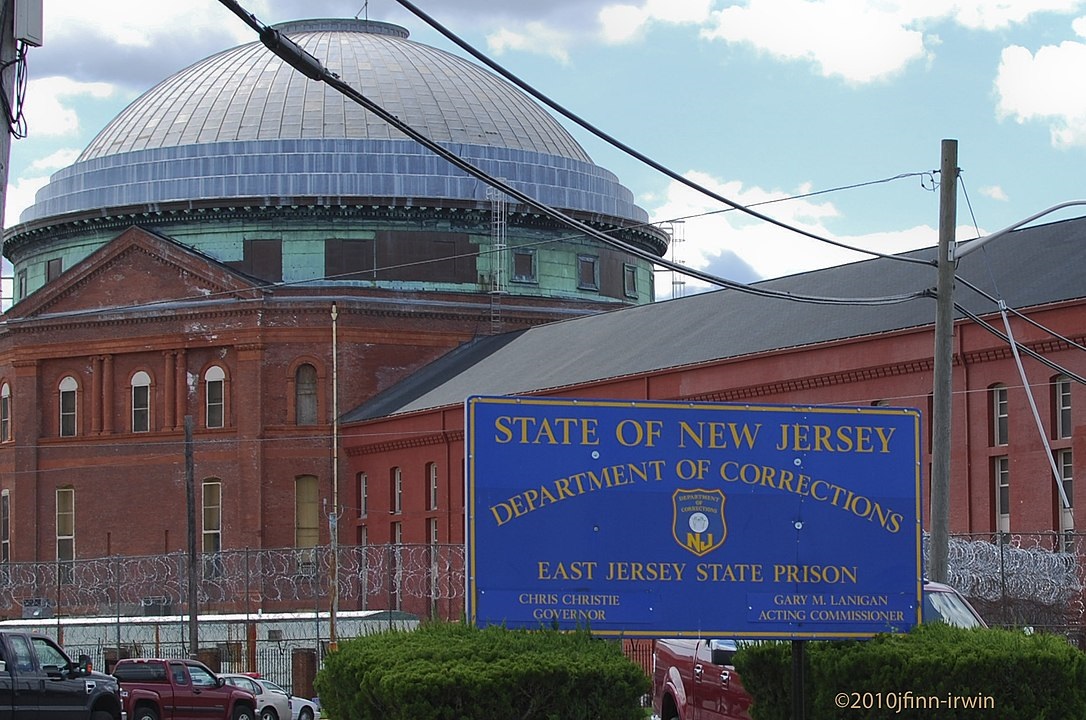
Jackie Flynn-Irwin via Flickr cc
NEWARK (July 16, 2024) A new report, titled “Voices from the Inside: Restructuring the Conversation on Technical Parole Violations” documents the harms caused by New Jersey’s parole system, which send people back to prison for minor violations of parole policies. The report includes stories from people who have been harmed by this system and provides recommendations for the state on parole reform. The report was authored by the American Friends Service Committee’s Prison Watch program, in collaboration with incarcerated and formerly incarcerated people and a scholar from the Institute for Women’s Leadership at Rutgers University.
Technical parole violations are instances where an individual allegedly breaks a condition of their parole. Parole Officers have broad discretion for when people are reincarcerated for these violations. Approximately 1700 people are incarcerated in New Jersey because of a technical parole violation, even though they did not break any laws.
“Our advocacy for direct aid over imprisonment for technical parole violators hinges on both economic reasoning and the illogical cruelty of re-incarceration,” said Bonnie Kerness, director of AFSC’s Prison Watch program in New Jersey. ““We urge the State of New Jersey to reconsider the costly and irrational practice of reincarcerating individuals who have already met the standards for freedom.”
The report includes stories from people who have been reincarcerated due to minor parole violations. In one example, a man referred to in the report as DW was released on parole after serving eight years in prison. He was attending Rutgers as a full-time student and was living on campus. Due to camps policy, he was required to move out of his on-campus apartment after the fall semester had finished. He forgot to immediately update his address with his parole officer, and two days after he had finished moving his parole officer called to summon him into his office. On arrival, he was swiftly notified of his technical parole violation and was sent back to prison, where he was incarcerated for 30 months.
The report makes the case that imprisoning people for technical parole violations is both unproductive and inefficient in sustaining the goals of the parole system. Instead, the authors suggest changing the conditions of parole from an emphasis on surveillance to a partnership that helps people succeed once released from incarceration.
The report issues several recommendations for how New Jersey could reform its parole system. These include: abolishing the practice of sending parolees back to prison on the basis of technical parole violations; allowing people to remain free while waiting for parole revocation hearing; and using the money saved by these policy changes to invest in stead in direct aid, rehabilitations, and support programs.
You can read the full report here.
###
The American Friends Service Committee (AFSC) promotes a world free of violence, inequality, and oppression. Guided by the Quaker belief in the divine light within each person, we nurture the seeds of change and the respect for human life to fundamentally transform our societies and institutions. We work with people and partners worldwide, of all faiths and backgrounds, to meet urgent community needs, challenge injustice, and build peace.